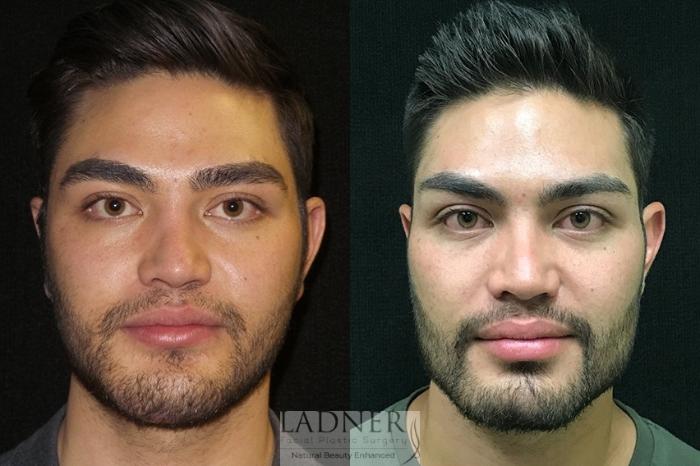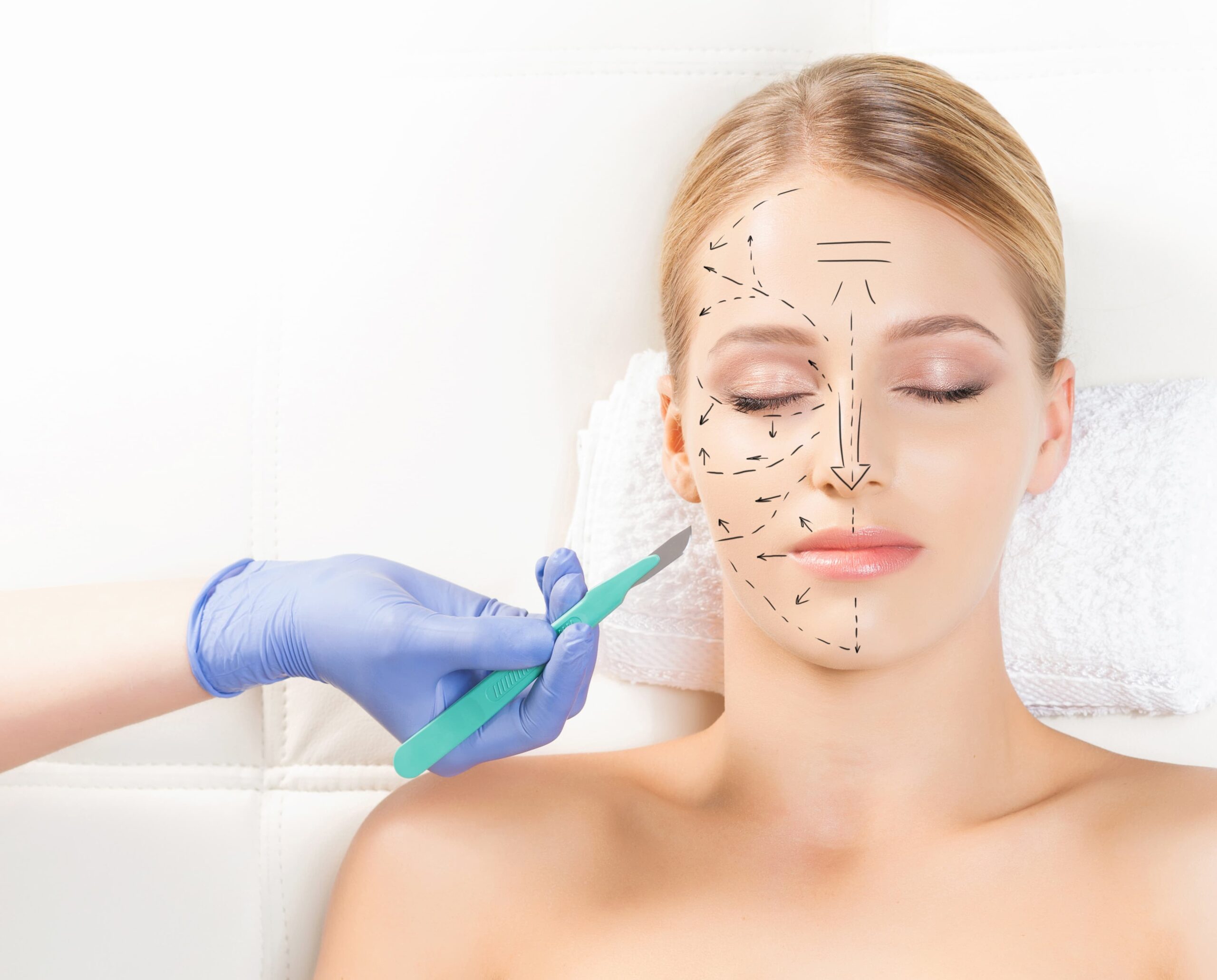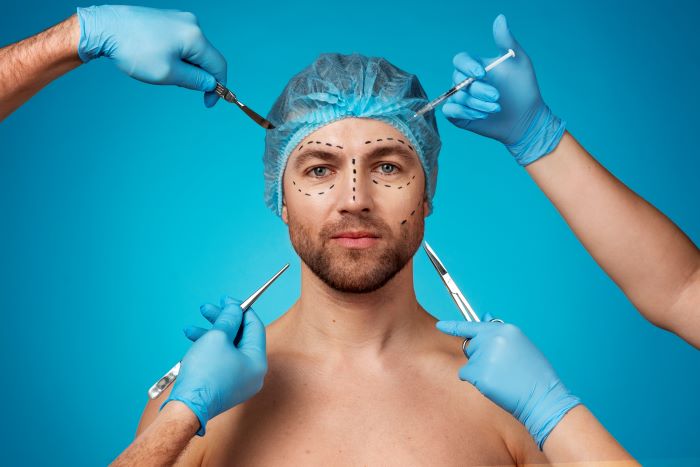A Deep Dive Into the Typical Validation for Seeking Plastic Surgery: Unloading the Wish for Modification and Self-Improvement
The inspirations behind the search of cosmetic surgical procedure extend beyond simple visual enhancement, mirroring a nuanced interplay of societal expectations, individual aspirations, and psychological factors. As individuals significantly seek to align themselves with dominating appeal criteria, it ends up being essential to check out the underlying reasons that oblige them to make such substantial modifications. The influence of media representations and personal stories can not be forgotten, as they shape perceptions and needs in profound means. This evaluation motivates essential concerns about the ethical effects and future trajectories of cosmetic procedures, inviting more expedition right into the intricacies of self-improvement and identification.
Social Stress and Beauty Specifications

The effect of these beauty ideals can be profound, instilling a sense of insufficiency in those who do not adhere. As a result, many may seek plastic surgery as a way of aligning their look with these societal assumptions. mommy makeover bellevue. This wish for consistency can originate from a broad variety of inspirations, consisting of the desire for boosted social standing, improved charming prospects, or boosted specialist possibilities
Furthermore, these stress are not restricted to certain demographics; they influence people throughout different ages, sexes, and histories, highlighting the pervasive nature of charm requirements. This extensive influence raises essential concerns about the ethics of cosmetic surgical treatment and the ramifications of societal standards on individual selections. Inevitably, understanding these stress is critical for cultivating an extra comprehensive interpretation of beauty that celebrates diversity.
Personal Experiences and Transformative Stories
Numerous individuals that go through plastic surgery report transformative experiences that extend past simple physical modifications. For many, these procedures work as a driver for boosted self-esteem and a renewed feeling of identity. People often describe feeling liberated from enduring instabilities, leading to boosted confidence in both personal and expert worlds.
Take, for instance, the story of a girl that underwent breast enhancement after years of feeling awkward regarding her look. Post-surgery, she reported not only a newly found convenience in her body however additionally a significant enhancement in her social life and job chances. Similarly, a middle-aged male that chose to undergo a facelift shared how the treatment rejuvenated his outlook on life, motivating him to seek brand-new passions and relationships.
These personal stories highlight the profound effect cosmetic surgical procedure can have on people' lives. As they accept their transformed selves, lots of locate empowerment in their choices, commonly using their experiences to influence others pondering comparable trips. Inevitably, these transformative stories highlight the multifaceted reasons individuals seek plastic surgery, intertwining personal growth with the pursuit of aesthetic enhancement.
Emotional Factors Behind Cosmetic Surgical Treatment
Various mental aspects add to the decision to go through cosmetic surgery, reflecting much deeper psychological and mental wellness considerations. Individuals usually pursue medical improvements as a way to address feelings of insufficiency, reduced self-confidence, or discontentment with their site web appearance. These psychological inspirations can be rooted in past experiences, social contrasts, or personal desires.
Body image distortion is a widespread concern, where people regard their physical features in an exaggeratedly unfavorable light. This distortion can bring about obsessive thoughts regarding perceived imperfections, motivating the wish for surgical change as a remedy - mommy makeover bellevue. Furthermore, the search of perfection and social stress can enhance these sensations, pushing people towards aesthetic treatments in hopes of achieving an idyllic variation of themselves
Furthermore, the principle of self-improvement plays a crucial role. Many people see cosmetic surgical procedure as a path to enhance their lifestyle, believing that improved look will bring about enhanced social approval, much better relationships, or improved career chances. Ultimately, the emotional aspects behind cosmetic surgery underscore the intricate interplay between specific self-perception and external influences, disclosing the diverse nature of the wish for change.

The Duty of Media in Understanding
In today's society, media plays a critical duty in forming understandings of beauty and self-respect. Via different platforms-- social media, tv, and advertising-- idyllic standards of elegance are often disseminated, influencing individual aspirations and self-image. These representations frequently highlight slim definitions of attractiveness, mainly including youthful, slim, and digitally boosted photos, which can create unrealistic standards for individuals making every effort to adapt.
The effect of media is additional intensified by the pervasive nature of social media sites, where customers are pounded with curated content that highlights aesthetic improvements, supporting a culture of comparison. This consistent exposure can result in sensations of inadequacy amongst customers, motivating them to take into consideration plastic surgery as a way of attaining the viewed perfect. Study indicates that people that look what i found involve with these media depictions are Learn More Here more likely to share dissatisfaction with their look, reinforcing the wish for medical interventions.
In addition, the normalization of plastic surgery in media narratives can desensitize target markets, framing such procedures as commonplace and also necessary for social approval. Therefore, the media's representation of appeal not only affects private selections pertaining to cosmetic surgery yet likewise adds to a broader societal discussion about self-regard and identification.
Moral Factors To Consider and Future Patterns
Amid the growing popularity of plastic surgery, honest considerations surrounding the method have actually ended up being progressively famous. As the need for procedures climbs, so as well do worries concerning informed consent, the psychological inspirations of individuals, and the capacity for exploitation by specialists. It is critical for experts to make certain that people totally recognize the risks and advantages, as well as the effects of their options, to foster a liable method to aesthetic improvements.
Additionally, the influence of social media sites and elegance standards questions about the effect on psychological health and wellness, especially among at risk populaces. As awareness of body image issues expands, moral method necessitates a careful assessment of the inspirations behind medical interventions. Doctors have to balance patient needs with moral duty, making certain that choices are rooted in genuine self-improvement rather than societal stress.

Final Thought
In final thought, the search of cosmetic surgery is influenced by a confluence of social pressures, personal experiences, and mental factors. As moral considerations develop, future fads in cosmetic surgery will likely reflect ongoing societal discussions surrounding self-improvement and individual identification.
Frequently, societal pressures and prevailing appeal criteria play a considerable duty in people' choices to go after cosmetic surgical treatment. Eventually, these transformative stories highlight the diverse factors people look for cosmetic surgical procedure, linking individual growth with the quest of aesthetic improvement.
Several people check out cosmetic surgical treatment as a pathway to enhance their high quality of life, believing that improved look will lead to increased social acceptance, much better relationships, or enhanced occupation opportunities. Ultimately, the mental factors behind cosmetic surgical treatment underscore the intricate interaction between specific self-perception and outside influences, exposing the diverse nature of the desire for change.
As moral factors to consider progress, future patterns in cosmetic surgery will likely mirror recurring societal dialogues bordering self-improvement and specific identification.